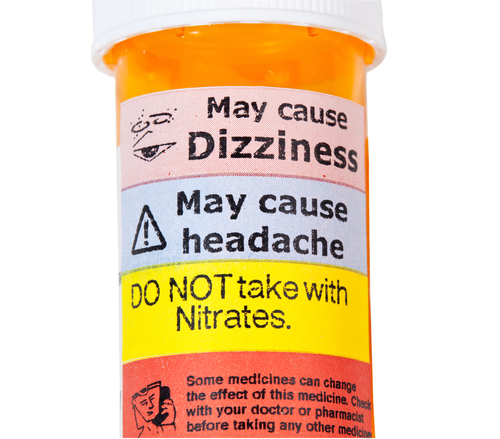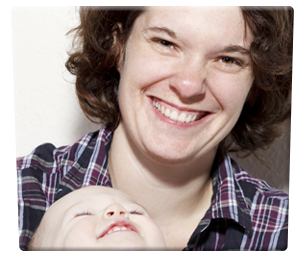Treatments for Inattention, Hyperactivity, Impulsivity, ADHD
What Options are there for Inattention, Hyperactivity & Impulsivity ?
Unfortunately for families struggling to cope with the affects of ADHD symptoms* in their lives, the NHS is severely limited as to what it can do to help. In fact, for children under 6 years of age all the NHS can offer is ‘parental training’. While support of this nature can be useful, many parents desire an actual solution for their child, not merely a coping mechanism. *Note that we use the phrase ‘ADHD symptoms’ not ADHD. This is important to explain because at BrainTrainUT we offer help with symptoms, we do not need a diagnosis to be able to help. And even when your child reaches six years old and the prospect of medicating your loved one becomes an option, once you have been through the sometimes lengthy diagnosis process, it can often be a very difficult decision to make. On the one hand you can let your child’s personality flourish at the risk of a troubled education and strained family life; or you can use medication that may help ‘control’ them but also change their personality.
What medication is available for the treatment of ADHD?
 Each person suffering with ADHD symptoms and each family is different. For some people medication is the preferred option. For other families the concern over serious side effects means they choose a different path. In the UK, three drugs are licensed for the management of ADHD in children aged six and over:
Each person suffering with ADHD symptoms and each family is different. For some people medication is the preferred option. For other families the concern over serious side effects means they choose a different path. In the UK, three drugs are licensed for the management of ADHD in children aged six and over:
- Methylphenidate (Ritalin, Concerta, Medikinet XL, Equasym XL)
- Dexamfetamine (Adderall, Dexadrine)
- Atomoxetine (Strattera)
Methylphenidate and Dexamfetamine are psycho-stimulant drugs that provide a temporary increase in the patient’s mental or physical arousal. What may surprise you is it is not exactly clear how these stimulants work. It is believed they release chemicals in the brain that increase attention and improve the control function of the brain, reducing hyperactivity and impulsiveness. Atomoxetine (Strattera) is not a stimulant so can be used to provide 24-hour relief from ADHD symptoms. Again, quite how it works is not understood, but there are some worrying side effects.
Do medications for ADHD have serious side effects?
 The simple answer is: yes, they can. There is no doubt these drugs can be effective in controlling behaviour. But they all have side effects and will change your child’s personality. Ranging from relatively mild side effects such as headaches and trouble sleeping, all the way to hallucinations and sudden death in susceptible patients. How your child will be affected by medication will not be known until you begin treatment. It’s a level of uncertainty that many parents are just unwilling to take a chance with. Read more about the side effects and concerns about ADHD medication here. Neurofeedback offers a better solution – an alternative to drugs like Ritalin and without the side effects. Neurofeedback is a natural way to provide the tools to ‘fine tune’ your child’s brain for optimum performance in all situations, using the brain’s own ability to self-regulate and create permanent learning. Read more about Neurofeedback here.
The simple answer is: yes, they can. There is no doubt these drugs can be effective in controlling behaviour. But they all have side effects and will change your child’s personality. Ranging from relatively mild side effects such as headaches and trouble sleeping, all the way to hallucinations and sudden death in susceptible patients. How your child will be affected by medication will not be known until you begin treatment. It’s a level of uncertainty that many parents are just unwilling to take a chance with. Read more about the side effects and concerns about ADHD medication here. Neurofeedback offers a better solution – an alternative to drugs like Ritalin and without the side effects. Neurofeedback is a natural way to provide the tools to ‘fine tune’ your child’s brain for optimum performance in all situations, using the brain’s own ability to self-regulate and create permanent learning. Read more about Neurofeedback here.
To read more about this, please read the next page on Neurofeedback Brain Treatment for ADHD.



